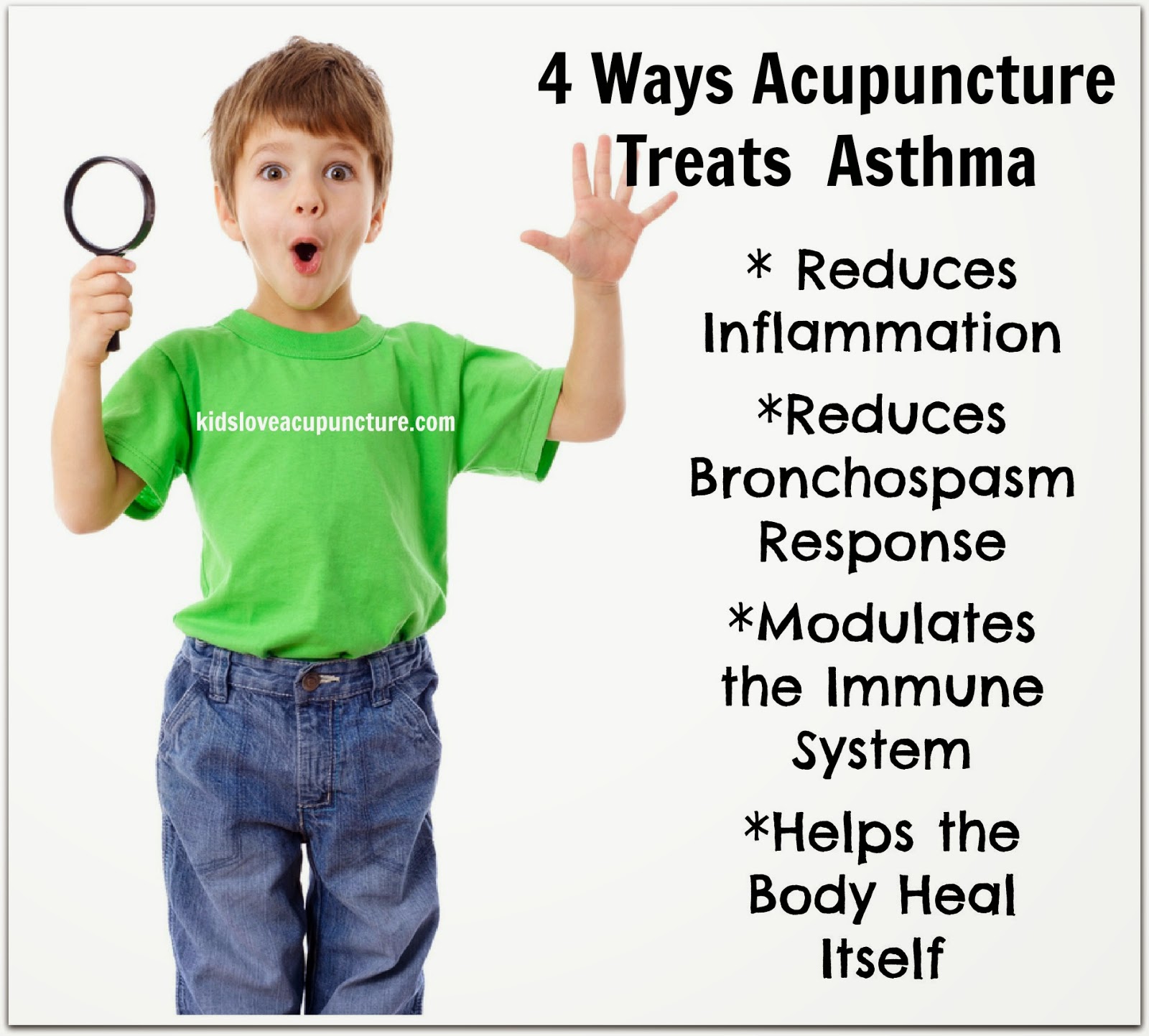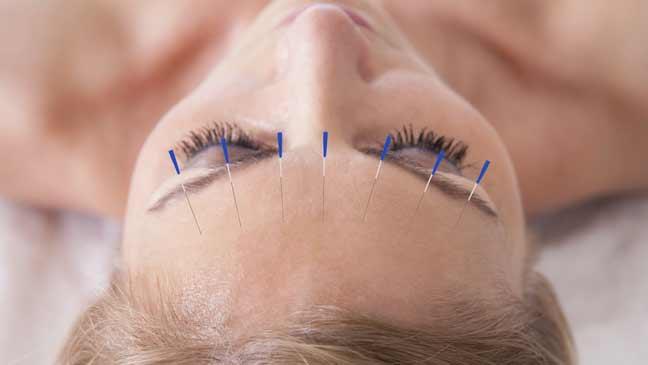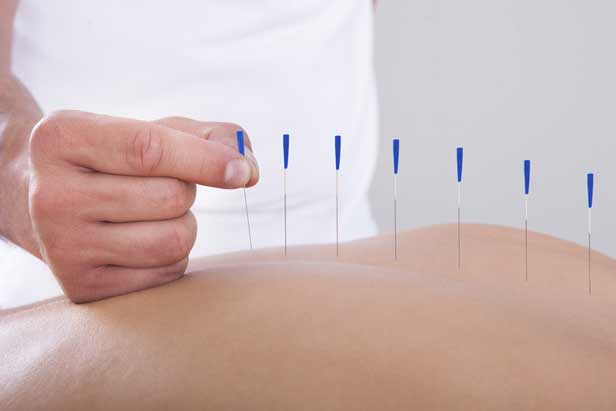ARLINGTON, WA – Cole Alexander doesn't care if his clients think he's boring.
"I know I'm having a really good day if there's a lot of snoring," he joked.
Alexander said acupuncture is good for whatever ails you. Most of the clients in Arlington are seniors who get help for mobility issues. Clients who just want to feel better can be treated for general health and wellness. Others get more-specific help for pain or arthritis in their shoulders or elsewhere.
"The bread and butter of acupuncture is pain treatment," Alexander said.
Alexander said for many of the seniors it's an all-day event.
"They get out of the house, increase their social interaction, see each other and then stay for lunch," he said.
He added it's good for "almost anything: anxiety, stress, insomnia, digestion, hot flashes …"
"It increases your quality of life," he said. "It kind of helps with everything."
Alexander said acupuncture is a 3,000-year-old medicine, and "when it comes to being sick things haven't changed much."
Acupuncture can be popular this time of year for people who set New Year's resolutions wanting to lose weight. He said people still need to eat right and exercise, but acupuncture can "even out the cravings" that are brought on by stress and anxiety.
"Don't expect the needles to do all the work," he said.
Using straight Chinese theory, Alexander said weight gain means there's a problem with the digestive system.
"The body's not using food in the best way," he said, adding it's then stored and becomes toxic. By helping to even out your emotions, acupuncture can strengthen the digestive process, he said.
Alexander said the process is not painful. It takes 16 acupuncture needles to make one syringe needle, which are big and hollow so medicine can go through. In acupuncture the needles barely break the surface. If there's any pain at all, Alexander said just tell him, and he will take it out or adjust it.
Patients lie back in a lounge chair after checking in and "cook" for a half hour. They then should rest for another half hour to get the full effect, Alexander said.
Normala Ram is one of his patients. She has been getting treatments for neck, shoulder, back and breathing issues.
"I'm going to stay with it," she said. "It's helping a lot."
Sylvia McFadden also is a believer. She has come six times for shoulder and bicep pain.
"It's helped more than other things I've tried," she said.
Barb Condon of Arlington has been coming for 1 1/2 years. She has had back and leg surgeries.
"They didn't work out that well, so I thought I'd give this a try," she said.
Condon said her results are nothing short of amazing.
"The pain is less or even gone," she said.
Condon said she keeps coming back because there's always "something else to work on. When you're older there's always something."
She added she has not had as good of luck with medical doctors.
Condon has led a very active lifestyle. She has shown horses and did lifting in a job at Albertson's for years. She also said she's been in some car wrecks. Almost 73, she more recently turned an ankle. After receiving a few treatments, the pain went away.
"It wasn't long before I felt better and forgot about it," she said.
Linda Wright, who grew up in Arlington, said she has had so many medical issues since she was diagnosed with multiple sclerosis in 1993.
"If I wake up, and I put my foot on the floor it's a good day," she said. "So many drugs, so many problems."
Modern medicine says she is clinically depressed and has anxiety.
"Who wouldn't be anxious if they had M.S.?" she asked, adding among other benefits acupuncture has made her less anxious.
Wright has been seeing Alexander and fellow acupuncturist Kristan Rutski for about five months.
The most-recent ailment she was treated for was shingles.
"It was the most excruciating pain I've ever had," she said. "My chiropractor suggested acupuncture. After three treatments the pain was gone."
Another problem that keeps Wright coming back is a right foot that has turned purple. She said modern medicine has told her that she does not have a circulation problem. But the color has faded some thanks to acupuncture.
"It's been around thousands of years so why wouldn't it work?" she said.
by STEVE POWELL, Arlington Times Managing Editor












